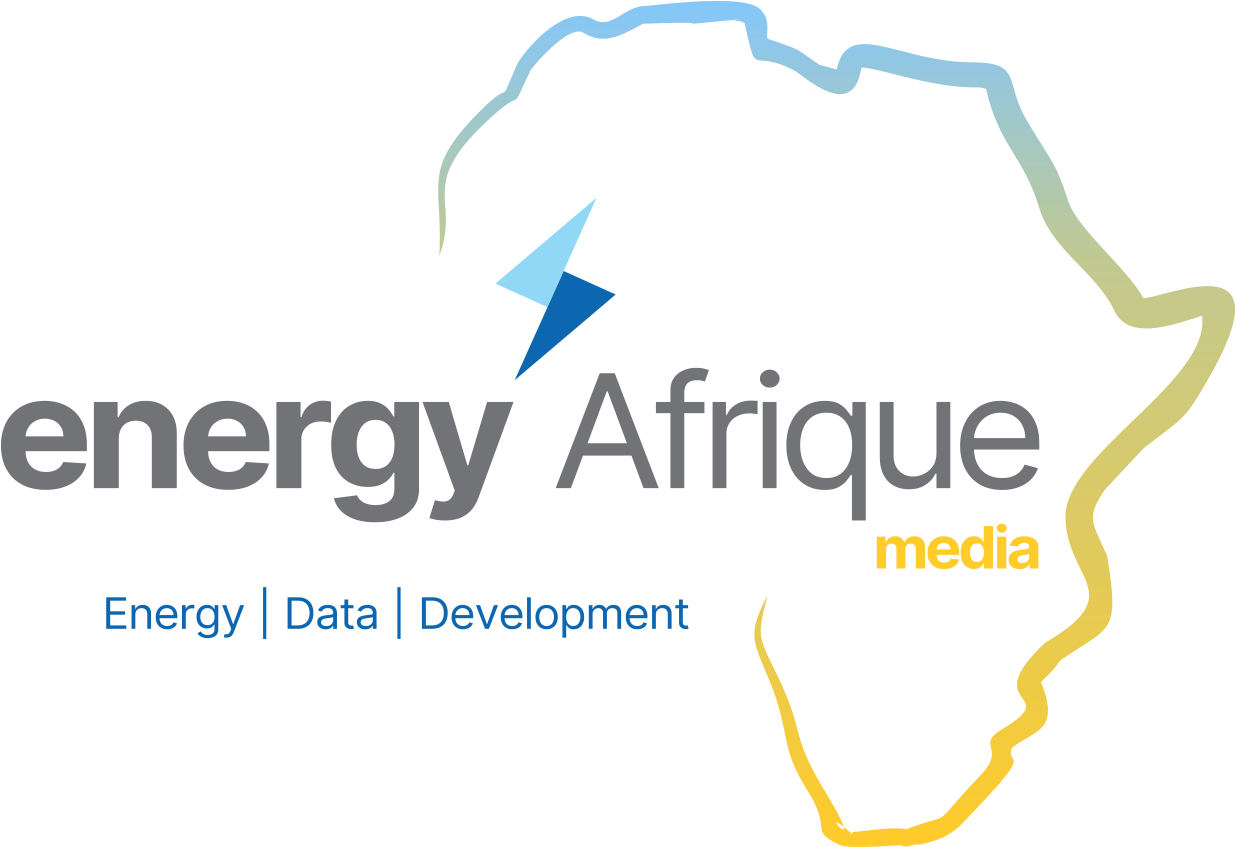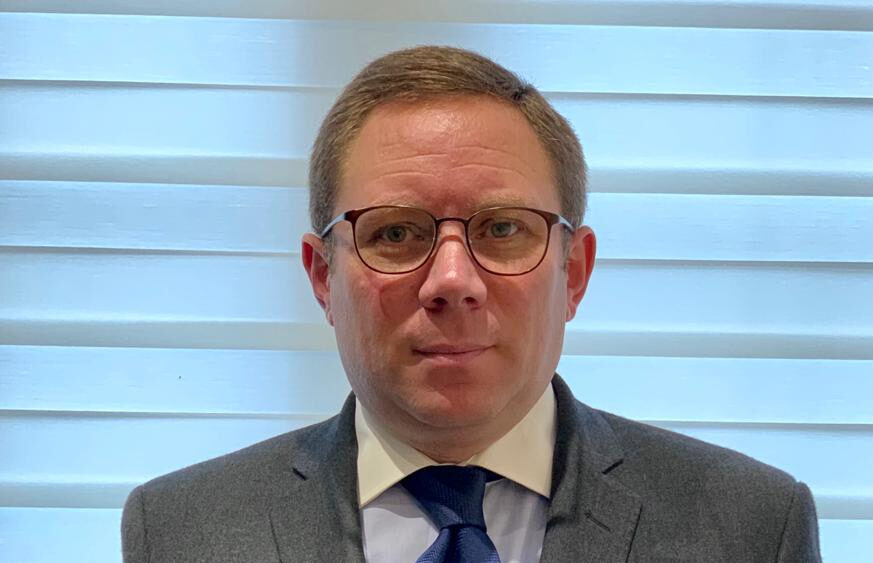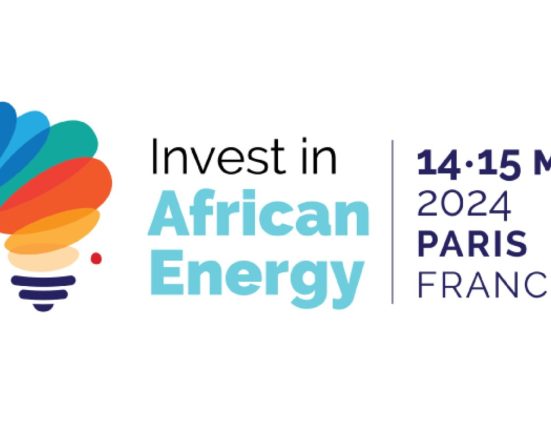By Jonathan Warshawsky
The energy sector has long been the backbone of Nigeria’s economy, with oil and gas contributing significantly to the country’s revenue.
Over the past decade, the Nigeria Extractive Industries Transparency Initiative (NEITI) reported that Nigeria generated a staggering $394.02 billion in oil and gas revenue, underscoring the sector’s crucial role in driving economic growth and development.
Despite its undeniable importance to the economy, the energy sector faces a myriad of challenges, including infrastructure deficiencies, technological advancements, and, most notably, a critical shortage of skilled professionals, and this is despite the establishment of the Petroleum Technology Development Fund (PTDF) in 1973 to equip numerous Nigerian graduates, professionals, and technicians with the skills for employment in the oil and gas sector through collaborations with international organisations and institutions.
This growing skill gap poses a significant threat to the sector’s sustainability and progress.
Furthermore, this gap is attributed to factors like brain drain, rapid technological advancements, energy companies’ reluctance to invest in the training and development of their employees, and a shortage of industry-specific skills, particularly in light of the increasing focus on energy efficiency and renewable energy sources.
To put the importance of the role of energy companies in driving economic prosperity into perspective, the oil and gas sector is the biggest energy contributor in Nigeria, accounting for 80% of the total energy generated annually. Its impact transcends revenue generation through crude oil exports.
The sector plays a significant role in lubricating adjacent industries to run smoothly, indirectly contributing to the country’s GDP.
The history of Nigeria’s oil and gas sector dates back to the 1950s when oil was discovered in the Niger Delta region, leading to a marked oil boom and revenue for the country.
Over decades, global oil and gas have witnessed advancements in drilling technologies and data analytics, playing a crucial role in increasing oil extraction and optimising production processes.
As a result, there is now a growing demand for workers with specialised skills in engineering, geology, data science and technicians to drive these innovations.
This gap in the skilled workforce has hindered the adoption of these technologies, leading to inefficiencies and lost opportunities for cost savings.
The gap becomes even more glaring as oil majors leave the shores of the country without adequate technical skills transfer between them and local companies.
Although the Nigerian government implemented laws to promote the local content policy through the Nigerian Oil and Gas Industry Content Development (NOGIC) Act by the Nigerian Content Development Monitoring Board (NCDMB) in a bid to compel foreign players to pass on technical skills to local players, more work needs to be done in terms of enforcement.
To better communicate the significance of a skilled workforce shortage in the energy industry, energy companies must comprehend the crucial role skilled workers play at each level of the oil and gas value chain, as well as the impact of the emerging renewable energy sector on energy availability.
Companies like Levene Energy Holdings, a global energy conglomerate with interests in upstream, midstream, and renewable energy sectors, exemplify a prime example of this awareness.
It employs great precision in noting and proffering practical solutions to bridging the gap in the energy sector.
Innovative steps have been recorded in its oil and gas subsidiaries concerning human development and ensuring the proficient utilisation of the latest technologies.
By prioritising continuous training and upskilling of its employees, Levene Energy Holdings fosters a culture of adaptability and technological prowess, enabling its subsidiaries to remain at the forefront of industry advancements.
This commitment to human capital development enhances operational efficiency, safety standards, and overall competitiveness, solidifying the company’s position as a leading force in the oil and gas sectors.
Similarly, the renewable energy sector, which is facing unprecedented expansion, is experiencing a shortage of skilled technicians and engineers due to increased production of solar and wind installations. This results in delayed maintenance, decreased efficiency, and potential safety risks.
For a substantial period, Levene Energy Holdings has demonstrated proactive leadership as a pioneer in the renewable energy field.
The company has solidified its position through a series of innovative and impactful renewable energy projects, such as retrofitting the headquarters of a financial institution in Lagos with a Building Integrated Photovoltaic (BIPV) solution to cut energy expenditure by 40%.
The company has also embarked on other community-based renewable projects to provide cheap, reliable, and clean energy.
Levene Energy Holdings achieves this feat of renewable energy expansion in Nigeria by recruiting and regularly training local professionals and relying on international best practices to close the skill gap and foster a sustainable ecosystem of expertise within the country.
By nurturing a highly skilled workforce, Levene Energy Holdings not only ensures the successful implementation of its projects but also contributes to the long-term growth and efficiency of the energy sector in Nigeria, ultimately driving the nation towards a greener and more resilient energy future.
Indeed, training the local workforce to acquire skills is no mean feat as it is capital-intensive, but energy companies with a drive for longevity must prioritise this step and avoid cutting corners for short-term benefits. Over time, such companies are likely to become relics of the industry if they continue on the path of unsustainability, with the best-case scenario being their acquisition by larger players in the industry.
The role partnerships play cannot be overemphasised too. Levene Energy Holdings has entered a series of strategic partnerships that have yielded idea exchanges beneficial for its growing employee roster and can be easily transferred to other local professionals who will fill the gap of a much-needed skilled workforce to deliver innovation that will have a profound impact on the economy.
As noted earlier, the Nigerian government, through various initiatives rolled out to ensure the retention of a skilled workforce, must prioritise Private-Public Partnerships (PPPs) to catch up with innovation in the energy landscape through conferences and workshops.
Through such collaborations, the government can access specialised knowledge and resources for workforce development, positioning it to attract foreign investments, introduce advanced technologies, create a demand for skilled workers, and ensure long-term growth and efficiency in the sector.
Alternatively, skill development programs can serve as a strategic avenue for energy companies to gain access to a skilled workforce, thereby enhancing productivity and efficiency within their operations.
By actively participating in these initiatives, companies can nurture the talents and capabilities of their employees, making them more adaptable to industry changes and technological advancements.
This, in turn, not only helps in meeting the current demands of the energy sector but also fosters a culture of innovation and continuous improvement.
Moreover, investing in skill development can lead to positive employer branding, as companies are perceived as supportive and invested in the professional growth of their workforce.
As a result, these companies become more attractive to potential employees, contributing to reduced recruitment costs and improved employee retention. In essence, these skill development initiatives present a mutually beneficial opportunity for energy companies to secure a competent workforce and reinforce their position as socially responsible and forward-thinking entities within the industry.
Addressing the skill gap in the Nigerian energy sector is of paramount importance due to the sector’s significant contribution to the country’s revenue and GDP.
However, persisting challenges hinder its growth. The expanding renewable energy sector exacerbates the need for skilled technicians and engineers as well. Levene Energy Holdings sets a noteworthy example by prioritising local workforce training and partnerships, leading to sustainable solutions and operational efficiency.
By and large, stakeholders in Nigeria’s energy sector must unite and prioritise workforce training.
As demonstrated by Levene Energy Holdings’ proactive leadership, investing in local professionals and fostering expertise through training is essential for sustainable growth and innovation.
To address the skill gap and embrace the expanding renewable energy landscape, collaborative efforts between the government, energy companies, and educational institutions are crucial.
By following Levene Energy Holdings’ lead, stakeholders can create an ecosystem of skilled and adaptable workforce, driving the nation towards a greener, more resilient energy future and positioning Nigeria as a competitive player on the global stage.
Written by Jonathan Warshawsky, Executive Director, Business Development and Crude Oil Trading, Levene Energy Holdings
This article was first published on Nairametrics








